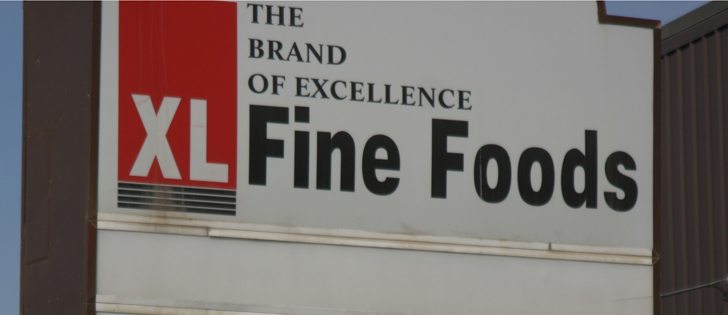Inadequate response | XL Foods failed to inform the CFIA of potential problems and downplayed their severity
In a measured but scathing report, a panel investigating last year’s tainted food outbreak at XL Foods has blamed the company and federal regulators for the fiasco that followed.
E. coli-tainted beef from the XL Foods plant in Brooks, Alta., sickened 18 consumers and led to the largest beef recall in Canadian history.
“We found a weak food safety system culture at the Brooks plant shared by both plant management and Canadian Food Inspection Agency staff,” said the expert panel, which agriculture minister Gerry Ritz appointed to get to the bottom of the incident that shook consumer and market confidence.
Read Also

Saskatchewan dairy farm breeds international champion
A Saskatchewan bred cow made history at the 2025 World Dairy Expo in Madison, Wisconsin, when she was named grand champion in the five-year-old Holstein class.
“And it was all preventable.”
Ritz immediately announced a new three-year, $16 million investment to fund 30 new CFIA positions to form inspection verification teams, which will have the power to swoop unannounced into any plant to test systems and check CFIA inspector performance.
Ritz and CFIA executives also promised to strengthen front-line inspector training as recommended by the panel, while insisting that has been happening all along.
Ritz told a Parliament Hill news conference and later the House of Commons agriculture committee late last week that the government has been implementing the panel recommendations and strengthening the system through the Safe Food for Canadians Act passed last year.
He insisted that the recommendations reflect much of what the government has been doing, which is “a clear indication and validation that our government is taking the right steps to keep consumers safe.”
Opposition MPs scoffed at the claim. They said a 2009 report that was written after contaminated meat from a Maple Leaf plant in Toronto killed more than 20 people recommended better training for CFIA inspectors.
Announcing a new system of inspection verification teams to check work of the inspectors simply proves the 2009 recommendations have not been implemented despite government claims, MPs charged.
Ritz rejected the claims but continued to dodge calls for a third-party comprehensive audit of CFIA re-sources as recommended by Sheila Weatherill in 2009.
He said food safety inspection systems “are not static and continue to evolve” while the rest of the world judges Canada’s system one of the best.
The expert panel, which was chaired by former British Columbia chief veterinary officer Ronald Lewis and also included food industry expert W. Ronald Usborne and Dr. André Corriveau, chief public health officer in the Northwest Territories, acknowledged Canada’s food safety system is well regarded in the world.
It said the XL incident showed some of the system’s strengths, including surveillance, the recall of 4,000 pounds of beef and beef products and management of the issue once the crisis was recognized.
However, it also found flaws and “inadequate responses” by two of the two main players in the incident: Canada’s second largest beef processor, which was unprepared, and CFIA staff, which at times seemed inattentive.
The report said there was a cascading series of failures.
XL did not follow its food safety system, did not properly maintain and clean its equipment and did not keep CFIA on-site inspectors in-formed of potential problems.
An example came Dec. 21, 2011, months before the issue became a public health scare.
“Although 40.9 percent of samples from all pre-grind raw materials produced (that day) were presumptive positive for E. coli O157:H7 … products from an entire shift were re-leased with no further action.”
There was no evidence that CFIA inspectors were informed.
Once the problem was identified the following fall, XL was slow to provide useful information and downplayed the seriousness of the incident to its customers, even as the industry and consumers were jolted as product recalls spread.
Despite a persistent allegation that U.S. inspectors found and reported E. coli contamination days before CFIA discovered it, the report said both CFIA and the Americans confirmed it on the same day, Sept. 4.
However, while the CFIA waited for more details from XL on the location and cause of the contamination before ordering a recall, retail giant Costco started its own recall days before the first recall notice from XL.
The report called XL’s response to the growing problem “underwhelming.”
“CFIA must foster a strong food safety culture among staff, who must be encouraged to take the initiative on potential food safety issues as soon as they are identified,” it said.















